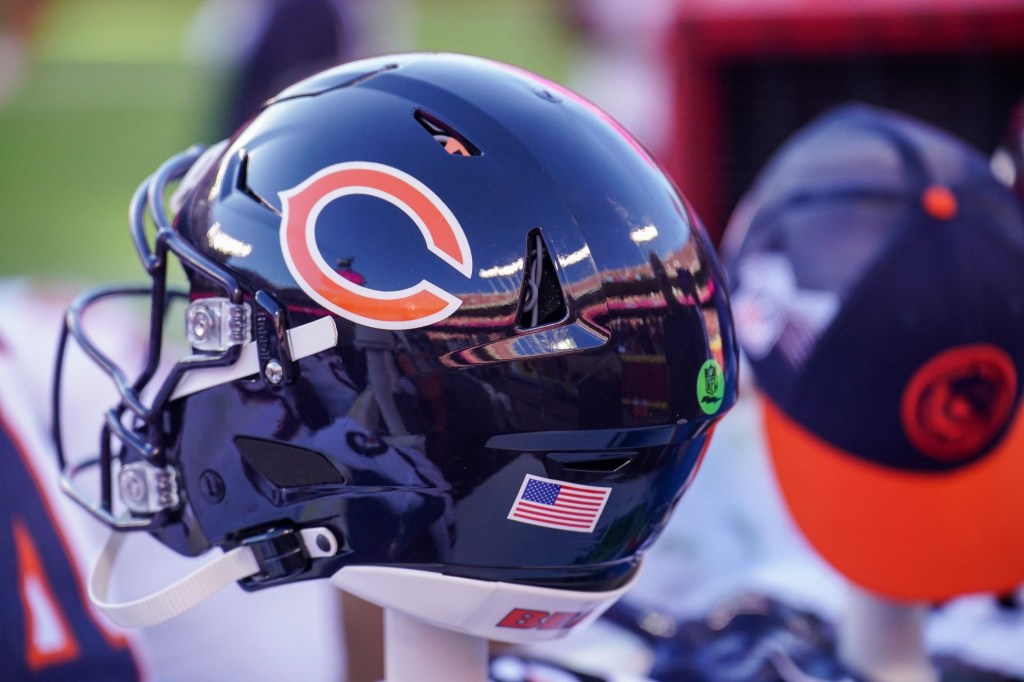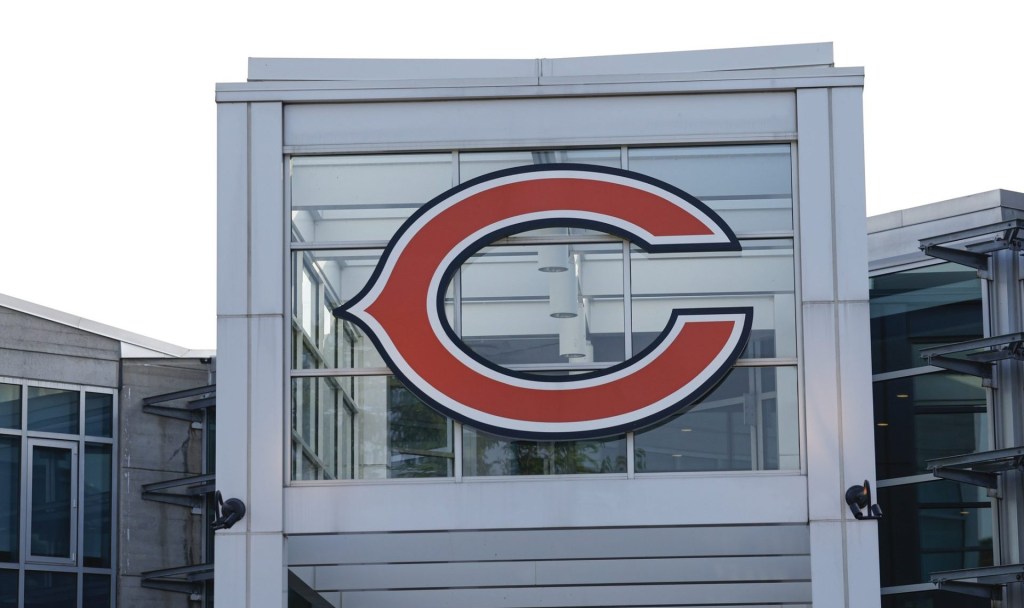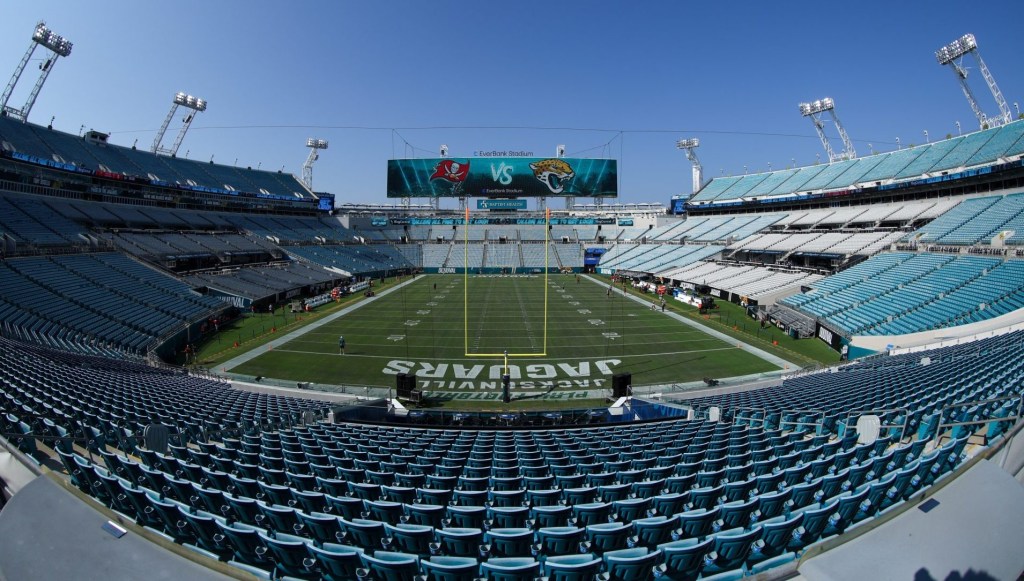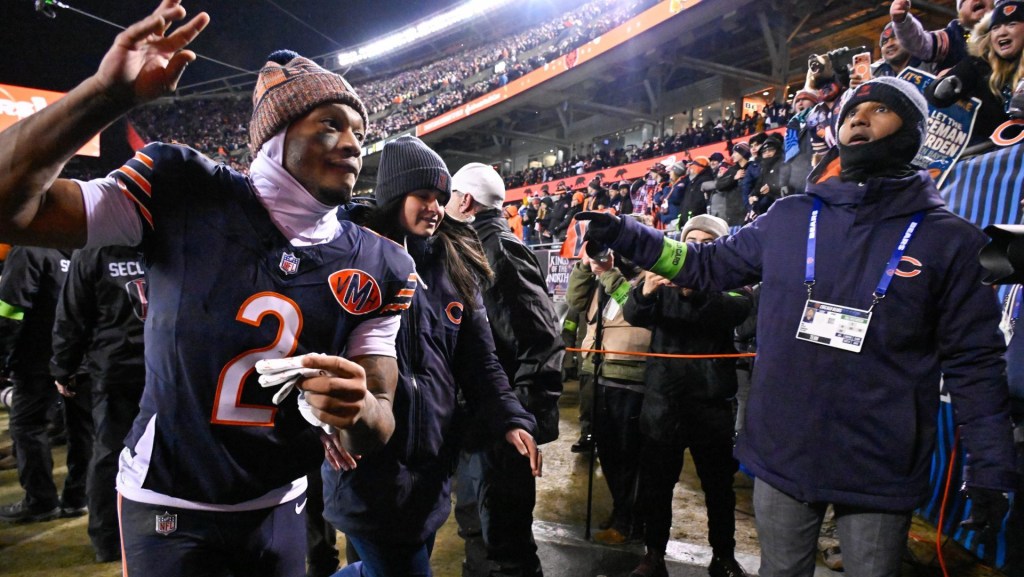ATLANTA — The Georgia capital further solidified itself as a major locale for top-tier sporting events as NFL owners awarded the 2028 Super Bowl to Mercedes-Benz Stadium.
The unanimous vote to place Super Bowl LXII at the Falcons’ home facility, though expected for weeks, nonetheless sets up Atlanta as one of the preeminent destinations for championship events. The future sports lineup for Atlanta includes:
- 2025: The College Football Playoff championship game, Major League Baseball’s All-Star Game, and part of the FIFA Club World Cup
- 2026: Part of the FIFA men’s World Cup
- 2028: Super Bowl LXII
- 2031: The Final Four in men’s Division I college basketball
“This is a huge statement about this community, the leadership in both the public and private sectors,” said NFL commissioner Roger Goodell. “Atlanta has been known on a global basis as a city that can make things happen.”
Though Atlanta is not a preferred leisure destination in the way that other frequent Super Bowl hosts such as New Orleans and Miami are, the city boasts the world’s busiest airport, a growing and walkable downtown, a solid base of hotels and sought-after restaurants, and one of the industry’s most technologically advanced venues in Mercedes-Benz Stadium. The facility also hosted Super Bowl LIII in 2019, and Falcons owner Arthur Blank championed a repeat bid for not only the stadium, but one that leans in to Atlanta’s continued growth.
“There’s a lot of things that go into the decision of where a Super Bowl is going to be, and this really shows [the league’s] belief in our franchise, their belief in the city, their belief in the stadium, and their belief in our ability to support another Super Bowl,” Blank said.
With this awarding, the next four Super Bowl locations are now settled with Atlanta to be preceded by New Orleans (2025), Santa Clara, Calif. (2026), and Inglewood, Calif. (2027).
Kickoff Dynamics
League officials, meanwhile, said they were encouraged by initial results from the new “dynamic kickoff” rules designed to create more on-field action, fewer touchbacks, and a decrease in severe injuries from that portion of the game. After Goodell previously expressed support for the new rules, data presented to owners Tuesday provided further backing for that. Among the key results:
- Kickoffs are now being returned at a 32% rate through the first six weeks of the regular season, up from 17% at this point last year.
- There has been only one player concussion suffered in the new kickoff format so far, and no major knee injuries such as a torn ligament.
While these are specifically on-field rule changes, the shifts surrounding the kickoffs also are helping increase scoring, which, in turn, can boost television viewership. Further tweaks to the rules will likely be considered after the season, when full-year data can be received and analyzed, as opposed to pursuing any midyear changes.
“There’s a lot more work to do, a lot more study. The sample size is not tremendously large at this point,” said NFL EVP Jeff Miller. “But we did see that lower player velocities [on kickoffs] yielded fewer major injuries in the preseason, and so far we’ve seen that unfold into the regular season.”


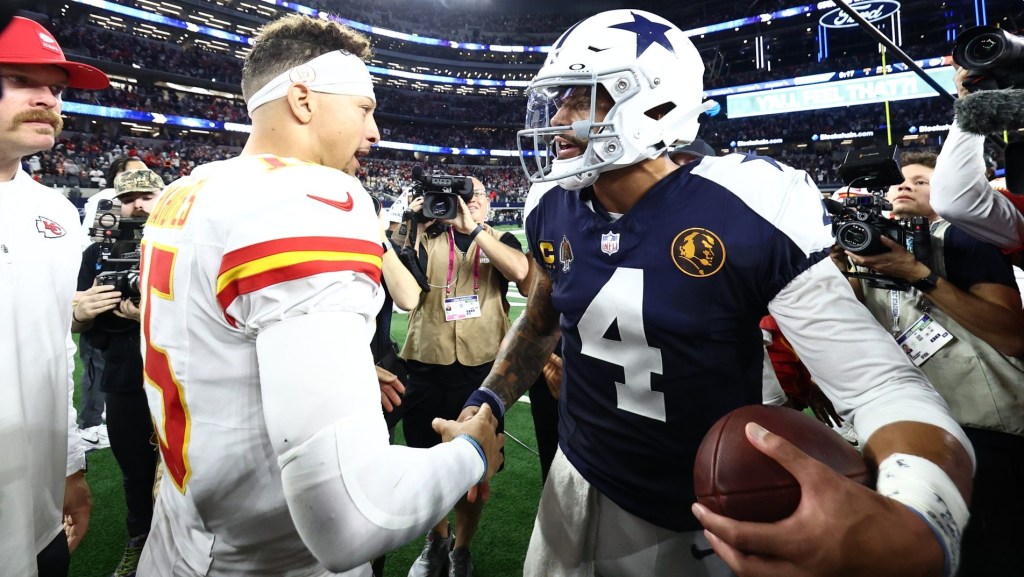


![[Subscription Customers Only] Jun 15, 2025; Seattle, Washington, USA; Botafogo owner John Textor inside the stadium before the match during a group stage match of the 2025 FIFA Club World Cup at Lumen Field.](https://frontofficesports.com/wp-content/uploads/2026/02/USATSI_26465842_168416386_lowres-scaled.jpg?quality=100&w=1024)
![[Subscription Customers Only] Jul 13, 2025; East Rutherford, New Jersey, USA; Chelsea FC midfielder Cole Palmer (10) celebrates winning the final of the 2025 FIFA Club World Cup at MetLife Stadium](https://frontofficesports.com/wp-content/uploads/2026/02/USATSI_26636703-scaled-e1770932227605.jpg?quality=100&w=1024)


